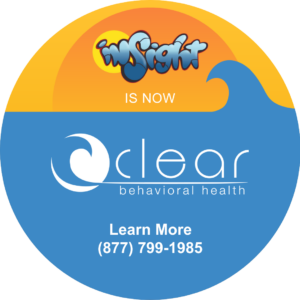Being able to find peace and solitude amid our hectic schedules can be one of the ultimate luxuries. However, months into the COVID-19 pandemic, many of us are finding ourselves with more alone time than we ever imagined possible. While extended periods of isolation and feelings of loneliness can negatively impact mental health, this newfound personal time is also a rare opportunity to connect with ourselves and practice introspection. Being content with being alone is an aspect of growth, development and self-knowledge. We’ve rounded up six ways on how to not feel lonely when you’re alone.
1. Being Alone & Treating Yourself
Being alone, especially if we aren’t used to it, can be uncomfortable at first. One of the best ways to beat feelings of loneliness is to focus on yourself. Take time to practice your favorite self-care activities. Unplug from social media, take a warm bath, listen to some soothing music, enjoy a warm beverage or your favorite snack. You can even take yourself out on a “date” and order your favorite takeout meal.
2. Find a Project
Understand that you’re absolutely good enough all by yourself. You don’t need others around you to try something new like starting a new project or taking up a new hobby. Whether you are a D.I.Y expert or just a beginner, try learning a new skill or starting a new project to pass the time. Grow an indoor herb garden, assemble a photo album, or even tackle a home improvement project.
3. Look at the Positives of Being Alone
Solitude often gets a bad rap, but in reality, there are many benefits of alone time. Doing things by yourself allows you to enjoy activities you love at your own pace and in your own way. You can spend your time however you see fit; you don’t have to share the tv, the bed or your food and instead, you have the time and space necessary to learn more about yourself and reflect on your experiences.
4. Enjoy the Quiet
Take time to simply be. Observe the world around you, rather than zoning out with a device. If you find yourself tempted to work, check out social media, or talk on the phone, start by turning off any potential distracting devices. Leave your laptop and phone aside and take a few minutes out of your day to meditate, reflect and recharge. Listen to the birds, enjoy the laughter of a small child and experience life.
5. Cherish Interactions
All too often, when we’re alone, we want other people around and when we’re out, all we want is to be back in bed. Now more than ever, it’s important to take the time to really appreciate everyone you meet, from the cashier at the supermarket to the neighbors next door. Embrace the moments you get to connect with family and friends, whether it’s virtually or 6 feet apart, and you’ll find they stick with you when you are alone.
6. Make Plans
Whether we realize it or not, who we are in social gatherings is not our most authentic self. We are largely impacted and influenced by other people’s opinions and behaviors. Take this alone time as an opportunity to sit with your own thoughts and ask yourself what you want for your future. You can make a list of short-term and long-term goals for the day, week, month or upcoming year. You may be able to make better choices and decisions about who you are and what you want without outside influence.
While there is a wealth of research pointing to the psychological downsides of loneliness and social isolation, there is an increasing amount of evidence suggesting that a certain amount of quality time alone is critical to well-being. It is important to remember that being alone and loneliness are two very different things. Utilize moments of solitude to get to know yourself more – your qualities, your strengths, your values, your weaknesses – so you can learn to know and love yourself and others more intentionally.

